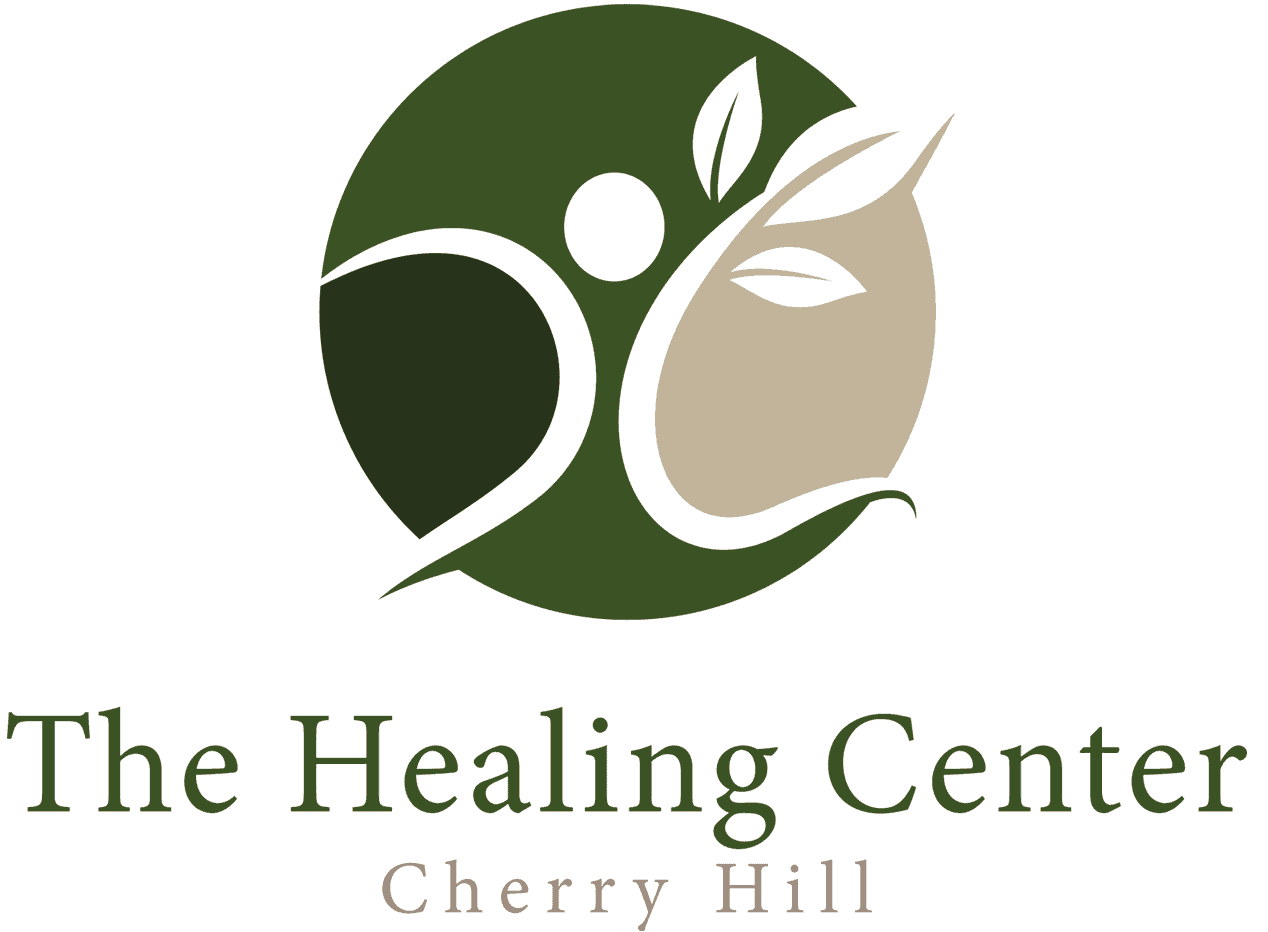Family members can be extremely triggering, especially when someone is in recovery from drugs or alcohol. Normally, a family member’s words or actions have much more of an impact than friends or strangers. When you add a history of addiction into a family’s past, there is bound to be interpersonal traumas that are hard to deal with. With the holidays rapidly approaching it is important to learn how to deal with triggering family members.
At The Healing Center in Cherry Hill, NJ we understand that family dynamics are often complicated and triggering. Thus, as a part of our addiction treatment program we offer family therapy, cognitive behavioral therapy, and dialectical behavioral therapy in order to help our clients develop healthy coping skills. These skills make holiday events easier, as well as general interactions with family. Learning how to deal with triggering family members is an important step in the recovery process.
Why Are Family Members Triggering?
This question does not have a one size fits all answer. But the likely reason it is hard to deal with triggering family, is the fact that trauma exists in the past. Every family has their own dynamics and they are not always healthy. When addiction is a part of those dynamics it is common for some level of trauma to have existed in the past. Therefore, trauma therapy can be a vital part of an individual’s treatment plan in order to heal.
The Healing Center’s trauma therapy program helps teach clients how to deal with triggering family members. We don’t want our clients to enter into situations, such as family events, unprepared. An important part of maintaining recovery is learning how to navigate family relationships in a healthy manner.
Strategies For Dealing With Triggering Family Members
There are a number of different strategies you can implement in order to deal with triggering family members. Using the following skills will help ease the stress of the relationship and decrease the chances of increased stress. Some of these strategies include:
Be Prepared For Uncomfortable Questions
Difficult questions are normally par for the course when it comes to recovery. With friends and strangers the questions may include, “why don’t you drink anymore?” or “how come you never go out with us?”. With family members these questions can be much more triggering. They may include questions about past mistakes, or how you are currently managing your recovery. Family members may even question if you are even sober.
These tough conversations can be extremely triggering. Being prepared for uncomfortable questions is part of the tools you can implement when dealing with triggering family members. Normally, you will have an idea of what your loved one will discuss with you. Have your answers planned out ahead of time, and remember it is okay to set boundaries with your loved one.
The Feelings Brought On By Triggering Family Members Are Temporary
One of the first things we learn in early recovery is that feelings are not facts. It is important to remind yourself that feelings are not always logical responses. Furthermore, they are temporary. Triggering family members will often cause increased anxiety or stress. These emotions won’t last and once you have some time away from the situation they will subside.
You can practice the coping skills you have learned to manage your emotions. Some of these may include deep breaths, stepping away to do a quick meditation, or calling one of your supporters. No matter what, feelings will not kill you. Remember the old saying, this too shall pass.
Have An Exit Strategy
The most important thing to have in early recovery is an exit strategy if situations become uncomfortable. It is important to remind yourself that it is okay to leave a triggering situation. Sometimes emotions can become overwhelming, even if you are implementing all of your coping skills. These emotions can trigger cravings to use drugs and alcohol. Having an exit strategy can ensure that the situation does not escalate to a relapse.
Have a plan for what you will say before you leave an uncomfortable situation. If alcohol is involved in a family gathering it might be a good idea to let family know ahead of time that you may leave. Part of your relapse prevention strategy should be a strategy for how to disengage from unhealthy situations. This includes dealing with triggering family members. Remember, it is okay to have boundaries and put your recovery first.
Addiction Treatment In Cherry Hill, NJ
The Healing Center in Cherry Hill, NJ provides addiction treatment for individuals struggling with alcoholism, addiction, and co-occurring disorders. We understand that part of the recovery process is healing family dynamics. Thus we provide a multitude of therapies geared towards interpersonal relationships. We will teach you how to set healthy boundaries, process trauma, and implement healthy coping skills. Triggering family members should not cause a relapse. We provide you with the tools you need to avoid it. If you are struggling with addiction and you are ready to start your healing journey, then call our admissions team today. You are not alone. We are here to help you.







